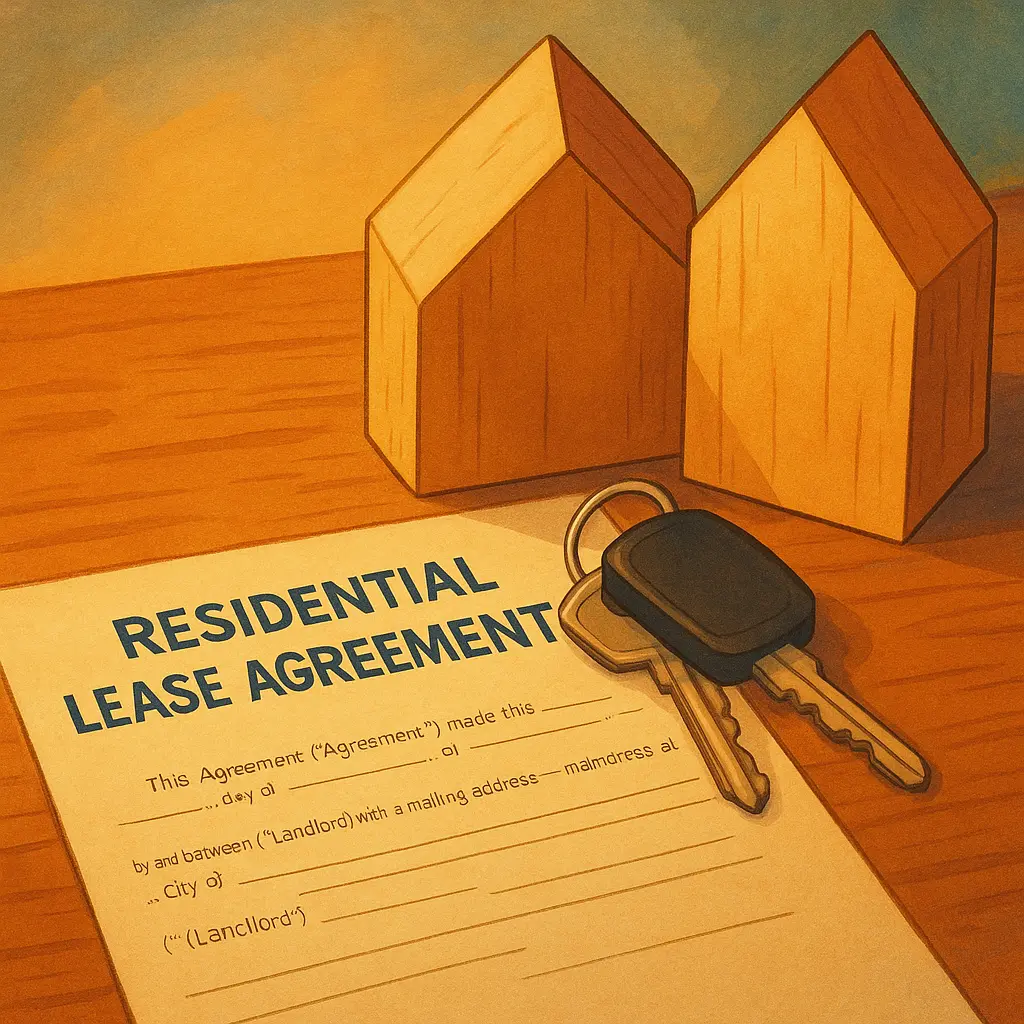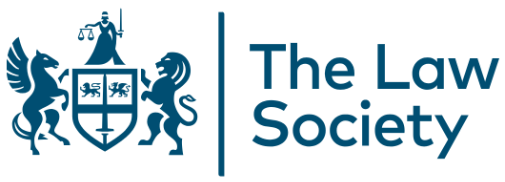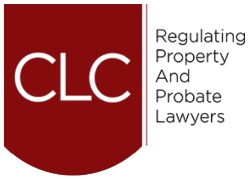Appointing the right conveyancing solicitor is crucial to ensure smooth and fast progression of your property purchase.

After your offer on a property has been accepted the property will enter the “Sales Progression” stage. You will now apply for your mortgage and instruct a solicitor to do the conveyancing. This is by far the most stressful part of the process, and it relies heavily on effective communications between the seller’s agent, your solicitors and the seller’s solicitors.
Choosing a solicitor who knows what they are doing and are on the ball with their communications, to you and to the seller’s solicitor will ensure that this process runs as smoothly as possible, but it is certainly no guarantee that there will not be any hiccups.
What does a conveyancer actually do?
A conveyancer acting for you as the buyer does the following
- They make sure that you are buying the property from someone who really owns it.
- The make sure that there are no hidden problems with the lease, land, or rights of way – if they find anything of concern they will discuss this with you.
- If you are purchasing a leasehold property, they should flag up issues with the lease that will financially impact you – namely service charges, ground rent, and the remaining term on the lease.
- They commission flood risk, subsidence and other searches to ensure that there are no hidden risks – if they find anything of concern they will point this out
- They make sure that your mortgage lender is protected (if you are using one)
When both sets of solicitors are satisfied, and a completion date has been agreed between you and the seller.
Once you have signed the contract, thats it, you are now legally obliged to purchase the property, and you will move into the property on the completion date.
Finally, a few days before the completion date, your solicitor will request the loan amount from your mortgage lender and enough cash from you to cover the deposit and the stamp duty. Once they have received all the funds, they will transfer money to the seller’s solicitor when that’s done you are ready to move in!
The last thing your solicitor will then do is to complete the Stamp Duty and Land Tax return, pay the stamp duty and submit the return to HMRC. This needs to happen within 14 days of the completion date.
From the above it should be clear that this is a complicated and involved process, and why it is so important the choose a competent and effetive solicitor.
On average, it will take between 2 and 4 months from the day you instruct your solicitor to the day that you can exchange contracts. In exceptional circumstances it could be as little as 4 to 6 weeks.
How much do they charge?
The cost primarily depends on two things – whether you are buying a freehold or leasehold property, and whether you are using a traditional hight street solicitor or an online solicitor.
For a leasehold property, expect to pay somewhere between £1,000 and £2,000 all inclusive. Online conveyancers will charge at the lower end of that scale and high street conveyancers at the higher end.
If you buy a freehold property the cost will be significantly cheaper as there are fewer documents and no service charge / ground rent complications. Expect to pay somewhere between £750 and £1,500
Always get a fixed fee quote, and if you can, also a no sale no fee clause.
How do I choose a conveyancer?
If there is any part of the process where cheap and cheerful is not worth the risk, it is on conveyancing. You have come so far in the process, and your are so close to the end. Do not risk it all for the sake of saving a few hundred pounds.
There is no easy way to choose the right solicitor, but there are a few definite no-no’s:
- Stay away from cheap online conveyancers.
- Be very careful of firms that get plenty of bad reviews on TrustPilot and Google, especially if the negative feedback majors on poor communication and slow response times. That said, conveyacers frequently get the blame for problems that are not under their control, so don’t expect perfect ratings for any conveyancer. In fact be suspicious of conveyancer with an exceptionally high percentage of positive reviews.
If at all possible, try and get a refereral to a trusted conveyancer from family or friends, even if they are not local to you. Most interaction with your conveyancer will happen over email or phone so it shouldn’t matter if they are not local.
Ask your mortgage broker, or even the selling agent, for a trusted referral – the mortgage advisor and the agent will be almost as keen as you to see the transaction succeed. Be a little bit suspicious of referrals to national conveyancing firms or online conveyancers, this normally indicate that the broker or agent may get a referral fee from them.
Where can I find one?
Suprisingly, there is no single destination on the web where it is easy to find a comprehensive list of conveyancers with reviews.
Accredited conveyancers
In order to operate as a conveyancer in the UK, a firm or individual has to be registered with the Solicitors Regulation Authority or the Council for Licensed Conveyancers.
You find solicitors registered with the Solicitors Regulation Authority on the Law Society register
The Council for Licensed Conveyancers sets entry standards and issues licenses to specialist conveyancing and probate lawyers. You can search the CLC register here.
Quote Engines
There are other fairly reputable sites that offers a search of sorts – these sites however, are focused on generating revenue from sending referrals to conveyancing companies so one should assume that their recommendations are not competely unbiased.
If you do consider using a conveyancer from their recommendations, check they are legally authorised to perform conveyancing in the UK – they should be represeented on either one of the above registers. Steer clear if they are not.




